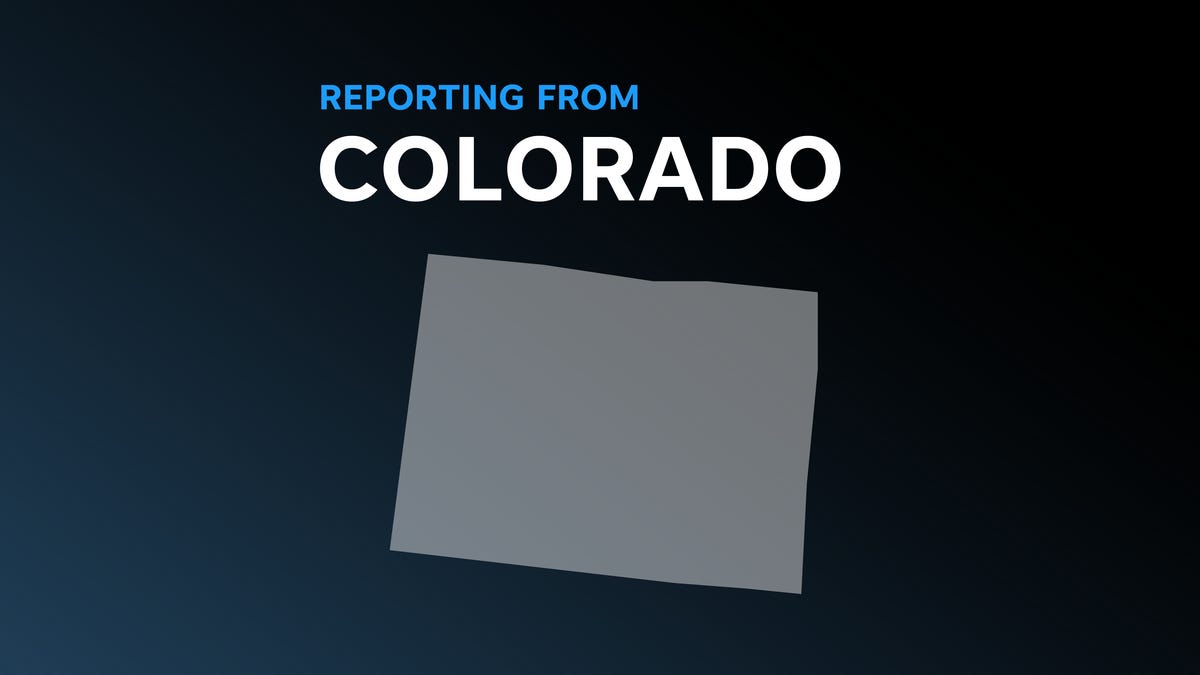A judge ordered Jon and Carie Hallford, owners of Return to Nature Funeral Home, to pay $950 million to families who sued the couple in a civil lawsuit.

Funeral home must pay $956 million in compensation for corpse desecration
A funeral home in Colorado was ordered to pay $950 million in compensation for improperly handling and storing bodies.
without brand – newsworthy
A Colorado judge has ordered nearly $1 billion in compensation to families in a civil lawsuit against funeral directors who are accused of failing to cremate or bury at least 190 bodies for which funeral directors were paid since at least 2019, lawyers said.
The judge ordered Jon and Carie Hallford, owners of the Return to Nature funeral home, to pay about $950 million to 125 people who sued the couple in a class-action lawsuit, Andrew Swan, an attorney representing the victims, told USA TODAY on Wednesday. Swan said the ruling came because the couple did not respond to the lawsuit, attend hearings or participate in the case.
“The judge ruled that they were entitled to additional punitive damages because of the enormity of the crime,” Swan added.
Families filed the lawsuit after the gruesome discoveries shocked the nation. Authorities began investigating the Colorado funeral home in early October after neighbors reported the foul smell of decaying corpses, which investigators said Jon Hallford falsely attributed to his taxidermy hobby. The EPA concluded that the building itself had too many “biological hazards.”
Federal prosecutors charged the couple in April with various financial crimes related to the misuse of COVID relief funds. The charges add to the hundreds of crimes the Hallfords already face in Colorado, including desecration of a corpse, theft, money laundering and forgery.
Authorities arrested the couple in Oklahoma and later extradited them to Colorado, El Paso and Teller district attorneys said in November.
Families had previously told USA TODAY they were horrified when some of them received the remains of their loved ones, which they thought were cremated. Swan said the payout is to ensure that if the Hallfords have a job in the future, the families can ask for their income.
“The chances of the Hallfords ever complying with the judgment are slim,” Swan said. “This wasn’t about getting money, it was about holding them accountable for their actions.”
Mishandled corpses and mixed remains require stricter regulations
For 40 years, Colorado had some of the most lenient funeral home regulations in the country. It was the only state that didn’t require a professional license to be a funeral director. That changed this year.
Amid labor market problems nationwide, some states have tried to make it easier to work at funeral homes and crematoriums. But after grisly incidents at some facilities, lawmakers in Colorado, Illinois and Michigan have sought to tighten control over this important but often overlooked industry.
“It was just, ‘We have to do something. We have to solve this problem,'” said Colorado Democratic Rep. Brianna Titone, one of the bipartisan sponsors of a new law to tighten regulations for funeral homes.
In Colorado, a law was passed in 2022 that expands the state’s authority to inspect funeral homes and crematoriums. Another law passed this year requires funeral directors, embalmers and cremators to be licensed by the state – they must obtain certain academic degrees or have sufficient work experience or certain industry certifications.
“This is a big deal,” said Faith Haug, director of the funeral science program at Arapahoe Community College, Colorado’s only accredited program.
Haug, who holds professional licenses in several other states, was surprised to learn a decade ago that none were required.
“When I moved here, it was a little insulting,” she said, pointing out that people with extensive training and experience are treated the same under the law as those with no training or experience at all.
Contributors: Trevor Hughes and Emily DeLetter, USA TODAY; Kevin Hardy, Stateline
Contact reporter Krystal Nurse at [email protected]. Follow her on X, formerly Twitter,@KrystalRNurse.

